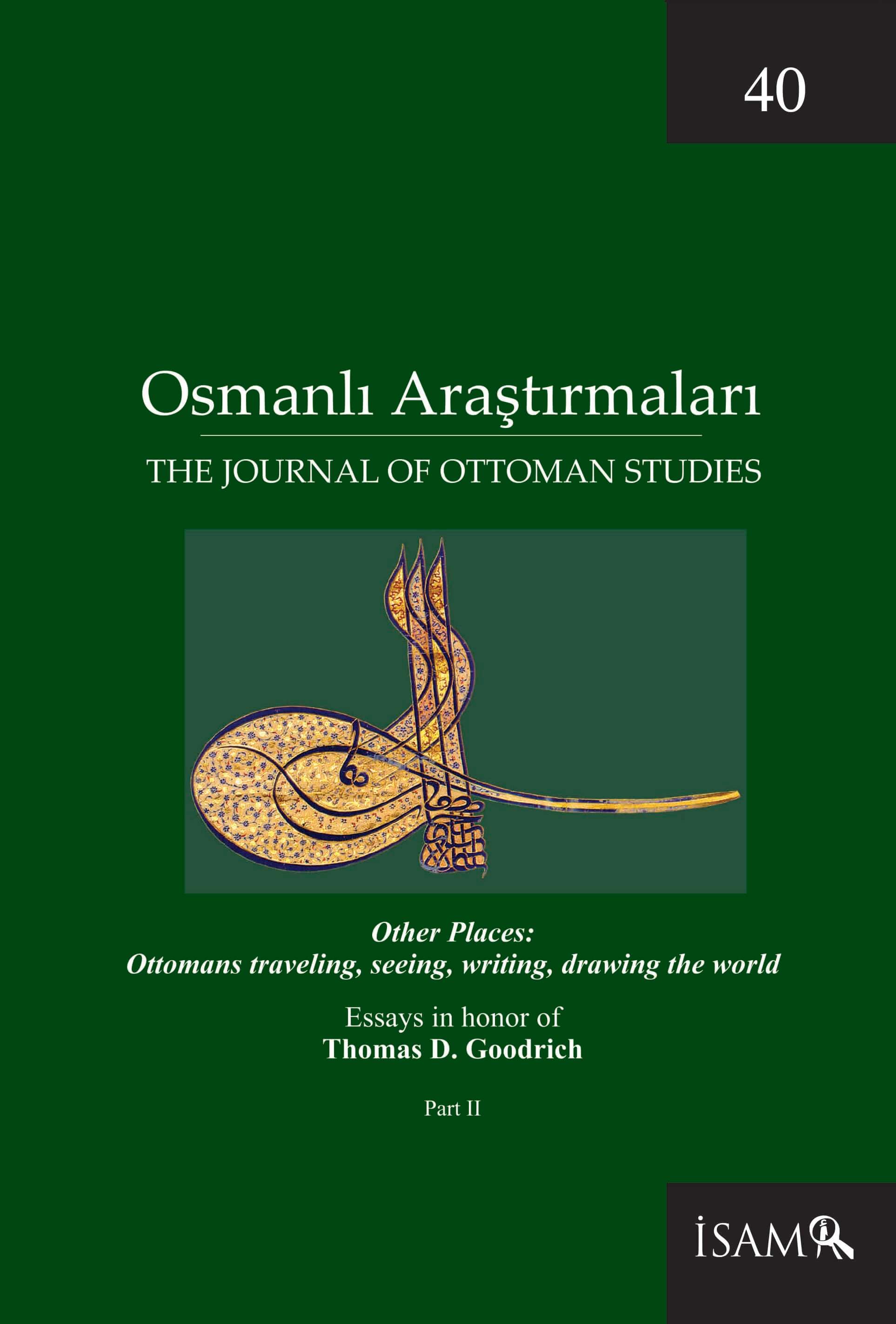The World of Mehmed Murad: Writing Histoires Universelles in Ottoman Turkish
Keywords:
Universal history, Ottoman world history writing, Mehmed Murad, Mekteb-i Mülkiye, Ottoman intellectual legacy, Ottoman History, history of mankind and civilization’, Hamidian era, Rankean historicism, Nationalism, modern global consciousness, modernityAbstract
In this article, I analyze Ottoman world histories written in the late nine- teenth century and contextualize the Ottoman world of universal history texts as part of a global endeavor of self-positioning through the study of the past of humanity. Ottoman universal histories fared no less in this very global milieu of world history writing as reflections of rapidly modernizing societies on their positions within this new context. Late Ottoman world history writing produced narratives in their own right and articulated the ideas about the history of mankind and civilization that emerged in the post-Enlightenment era. These universal histories, most particularly the work of intellectuals such as Mehmed Murad, represented the self-positioning and imagining of the Ottomans within the same modernizing world. His Umumi Tarih first written for the history curricula at the Mekteb-i Mülkiye also responded to the new need for texts of history to be used in higher education in the late nine- teenth century. Mehmed Murad turned world history into an Ottoman discipline while publishing a newspaper named Mizan, wrote in the 1870s a six volume Tarih-i Umumi with a distinctly ‘modern’ character. I believe this and other universal histories embody what I will -for now- call a new genre aiming to place Ottoman history within world histories. Writing world history provided Ottoman intellectuals the tools to weave ideas of Ottomanism, historicism, and public education together, and thus signaled a multiplicity of Ottoman histori- cal/intellectual/academic genres.




